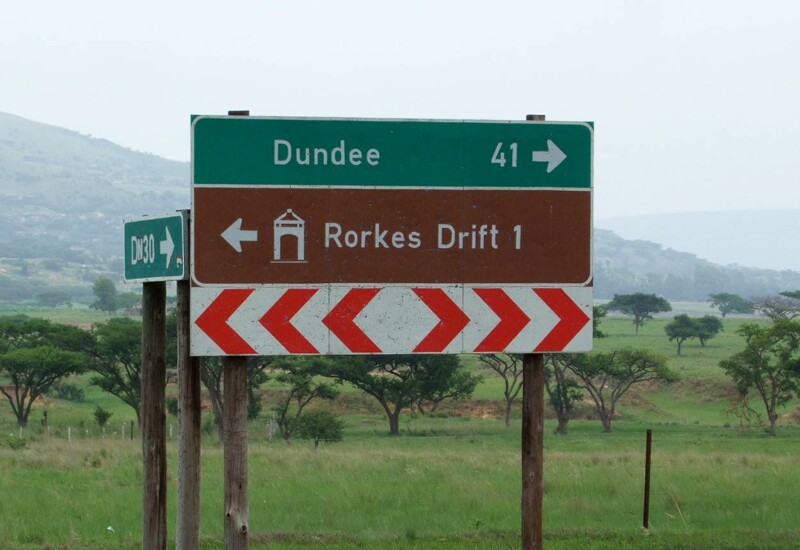For Rob Caskie, the 1879 battle at Rorke’s Drift is an example for event planners to understand the importance of having a plan B and being able to adapt to changing circumstances.
Close to the Buffalo River, in northern KwaZulu-Natal, lies the small, nondescript settlement of Rorke’s Drift. As the shadows lengthen in the late afternoon sun, and the sandstone walls assume their golden glow, being shown around the battlefield is indeed a most memorable experience. It was here that 139 British soldiers held out all night against 4 000 Zulu warriors on 22 January 1879. Notwithstanding the fact that 35 of the British were patients in the hospital, it remains an epic of human struggle and a triumph of the human spirit.
When news arrived that Zulus had overrun the camp at Isandlwana, James Langley Dalton suggested building a barricade and defending the post. There is no substitute for experience; 46 years of age, powerfully built, a retired sergeant from the 85th Regiment, Dalton suggested using maize bags and biscuit boxes to build a defensive barricade.
When the Zulus appeared, 300 men of the Natal Native Contingent fled, leaving 104 able-bodied men to defend a barricade nearly 250 yards long. Dalton immediately suggested bisecting the courtyard between the store and hospital with biscuit boxes, giving them a second line of defence, and shrinking the defensive perimeter.
ALL HOPE LOST
The early Zulu onslaughts were sufficient to force the British to abandon the hospital, and take up new positions behind the biscuit boxes in front of the store. This left patients in the hospital, effectively surrounded by Zulus who, as darkness fell, set the hospital roof on fire.
This obliged British soldiers to literally begin digging holes through the walls with their bare hands in an attempt to escape the Zulus, the fire, the darkness, and death itself. The light produced by the fire gave British soldiers light to shoot the Zulus by; the fire was a great tactical mistake.
Henry Hook, 28 years of age, was a pillar of strength during this period of the battle, and helped ensure that 27 of the 35 patients were eventually pulled out of the burning hospital and dragged to relative safety in front of the store. Hook earned a Victoria Cross that night; one of a record 11 awarded for this defence. The epitaph on his grave reads: “If one’s time has come to die, one should die manfully for one’s brethren’s sake, without cause for reproach against one’s glory”.
In desperation, the British after nearly nine hours of hand-to-hand battle built a final redoubt using maize bags, ready to fight to the death. This was not the case as the Zulus began to withdraw in the predawn. Roll call revealed that 17 British soldiers had died. Compare this with between 700 and 1 000 Zulus who lost their lives in defence of their old Zulu order.
LESSONS TO BE LEARNT
It is important in business to always have a first and second line of defence, and critical to change your response to changing circumstances.







